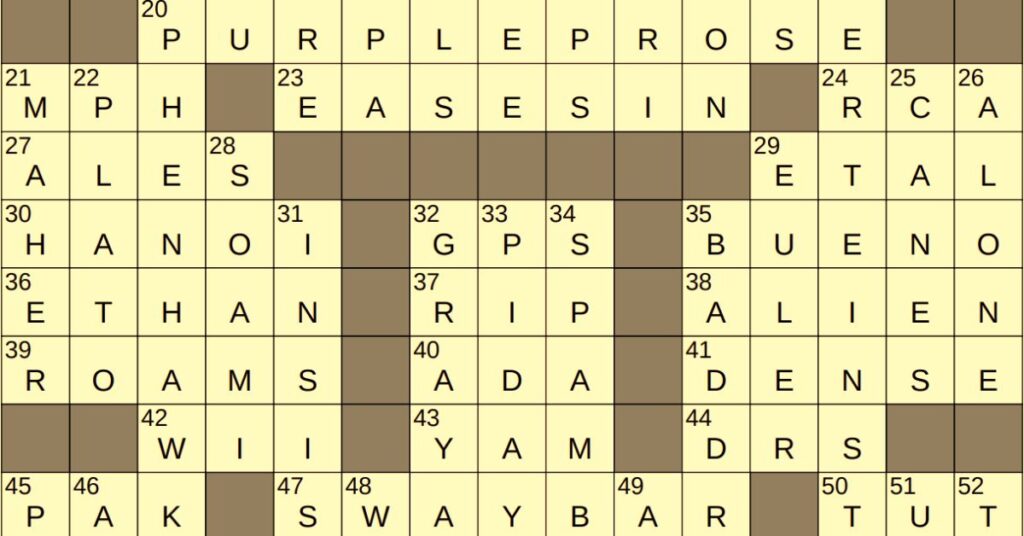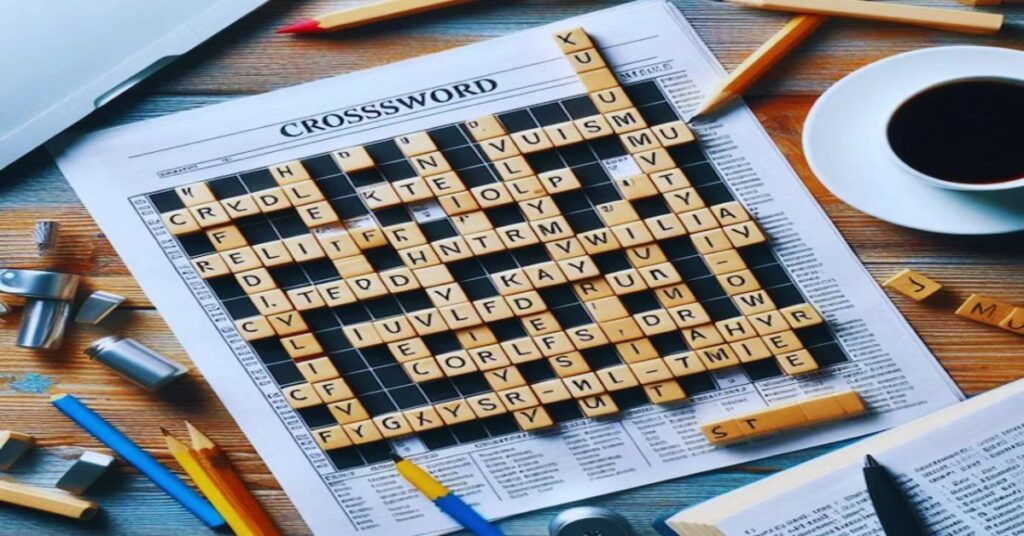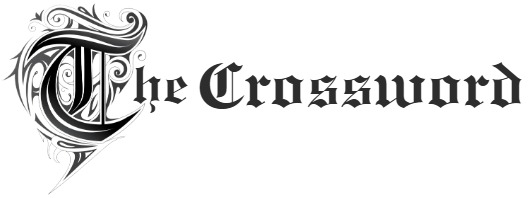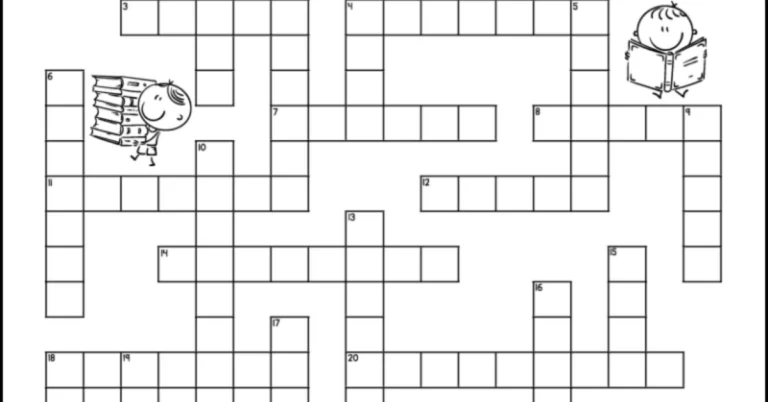Crossword puzzles have captivated minds for decades, offering a mix of entertainment and mental exercise. Among these puzzles, the “Phony Fake Bogus NYT Crossword” has emerged as a notable example, celebrated for its clever wordplay and unique challenges. In this essay, we explore the history, appeal, and cultural significance of crossword puzzles, with a special focus on the “Phony Fake Bogus NYT Crossword.”
The Origins of Crossword Puzzles
Crossword puzzles were first introduced in the early 20th century, originating from simple word games. The first-ever crossword appeared in the New York World newspaper in 1913, created by journalist Arthur Wynne. Over time, crossword puzzles evolved into a global pastime, gaining prominence in major publications like The New York Times. Today, these puzzles are a staple in the world of gaming and education, providing a daily challenge to millions of enthusiasts.
The Phony Fake Bogus NYT Crossword is an offshoot of this tradition, representing the creativity and wit that crossword creators bring to the table. It blends traditional crossword structures with modern cultural references, attracting players who appreciate both wordsmithing and humor.
What Makes the “Phony Fake Bogus NYT Crossword” Unique?
The charm of the “Phony Fake Bogus NYT Crossword” lies in its innovative design. Unlike standard crossword puzzles, it incorporates themes that often blur the line between the absurd and the ingenious. Clues might seem misleading or exaggerated, yet they hold the key to solving the puzzle. This deliberate playfulness challenges players to think beyond literal meanings and embrace a more imaginative approach.
For example, a clue like “Completely fabricated (5 letters)” might lead to an answer like “phony.” Similar clues play with synonyms, requiring players to draw connections between terms like “fake,” “bogus,” and “phony,” aligning perfectly with the puzzle’s title.
Why Crossword Puzzles Appeal to All Ages

Crosswords have a universal appeal for several reasons:
- Mental Stimulation: They are an excellent workout for the brain, improving vocabulary, reasoning, and memory.
- Accessible Format: Whether in a newspaper or digital form, crosswords are easy to engage with.
- Sense of Accomplishment: Solving a tricky puzzle provides immense satisfaction.
- Social Interaction: Collaborative solving fosters teamwork and camaraderie.
The “Phony Fake Bogus NYT Crossword” enhances these benefits by integrating humor and unconventional clues, keeping solvers on their toes. Its unique approach attracts players seeking novelty, making it a standout in the crossword community.
The Rise of Digital Crossword Games
The digital age has revolutionized the crossword experience. Online platforms and mobile apps have made puzzles more accessible than ever. The New York Times Crossword app is a prime example, offering daily challenges and archival puzzles at players’ fingertips.
The “Phony Fake Bogus NYT Crossword” thrives in this digital ecosystem, where its quirky nature appeals to a tech-savvy audience. Players can share their progress on social media, discuss challenging clues in online forums, and even compete in virtual crossword tournaments. This interactivity has elevated crosswords from a solitary activity to a community-driven experience.
Strategies for Tackling the “Phony Fake Bogus NYT Crossword”
Mastering the “Phony Fake Bogus NYT Crossword” requires a mix of skills and strategies:
- Understand the Theme: The puzzle’s title often hints at the overarching theme, guiding players toward the correct answers. In this case, terms like “phony,” “fake,” and “bogus” suggest a focus on deception and falsehood.
- Think Laterally: Traditional logic may not always apply. The clues often demand creative thinking or puns.
- Expand Your Vocabulary: Familiarity with synonyms and idiomatic expressions is crucial.
- Collaborate with Others: Two minds are often better than one when decoding tricky clues.
For enthusiasts, solving the “Phony Fake Bogus NYT Crossword” is not just a task but an exercise in wit and ingenuity.
Cultural Impact of Crossword Puzzles
Crossword puzzles have transcended their recreational origins to become cultural artifacts. They appear in literature, films, and even political discourse. The phrase “Sunday puzzle” has become synonymous with challenging crosswords, reflecting their role in leisurely routines.
The “Phony Fake Bogus NYT Crossword” continues this legacy by injecting humor and modernity into the genre. It highlights how crosswords can adapt to contemporary sensibilities while retaining their intellectual core. By embracing absurdity and wordplay, it offers a fresh perspective on how puzzles can entertain and engage audiences.
The Educational Value of Crosswords
Beyond entertainment, crosswords have significant educational benefits:
- Language Learning: They introduce players to new words and phrases, enhancing linguistic skills.
- Critical Thinking: Solvers must analyze and interpret clues critically.
- Cultural Awareness: Many puzzles include references to historical events, pop culture, and geography.
The “Phony Fake Bogus NYT Crossword” excels in blending education with amusement. By incorporating modern slang, internet memes, and contemporary issues, it keeps players informed while entertaining them.
How Crossword Puzzles Foster Community

Crosswords are no longer solitary pursuits. Communities of solvers have sprung up both online and offline, fostering connections among enthusiasts. Social media platforms, subreddit forums, and specialized blogs are buzzing with discussions about the latest puzzles.
The “Phony Fake Bogus NYT Crossword” plays a significant role in this ecosystem. Its unique style sparks debates, as solvers dissect the clues and share their interpretations. This collaborative spirit not only enhances the gaming experience but also strengthens bonds among players.
The Evolution of Crossword Design
Modern crosswords have come a long way from their straightforward ancestors. Today’s puzzles are more thematic, innovative, and inclusive. The “Phony Fake Bogus NYT Crossword” exemplifies this evolution by breaking away from rigid conventions. Its playful use of language and layered clues reflect the ingenuity of its creators, who constantly push the boundaries of what a crossword can be.
The Future of Crosswords
The future of crosswords looks promising, especially with advancements in technology. Augmented reality (AR) and artificial intelligence (AI) are set to revolutionize the gaming experience, making puzzles more interactive and personalized. The “Phony Fake Bogus NYT Crossword” is likely to thrive in this dynamic environment, where creativity and technology intersect.
Conclusion
The “Phony Fake Bogus NYT Crossword” is more than just a puzzle; it’s a celebration of language, creativity, and humor. Its clever design and engaging themes reflect the timeless appeal of crossword puzzles while showcasing their ability to evolve with the times. For seasoned solvers and newcomers alike, this crossword offers a delightful challenge that combines mental exercise with pure fun. Whether played on paper or a digital screen, it stands as a testament to the enduring allure of word games.
Read more: Opposite of Acidic NYT Crossword A Fun Puzzle Challenge



